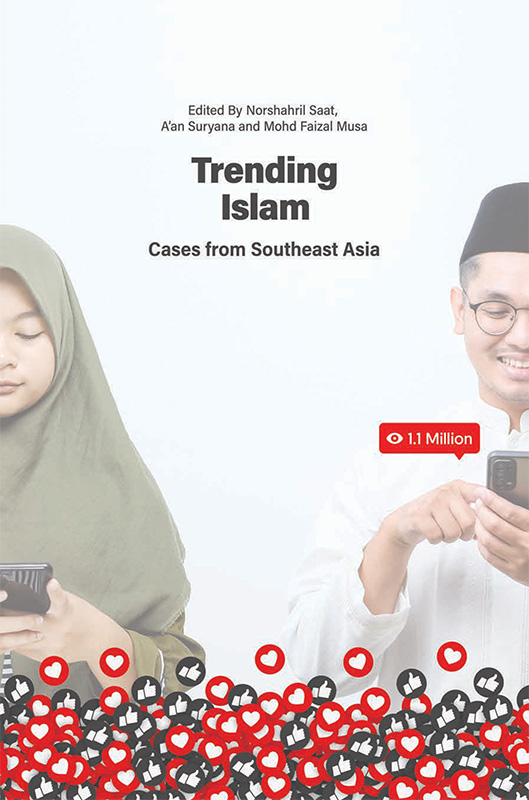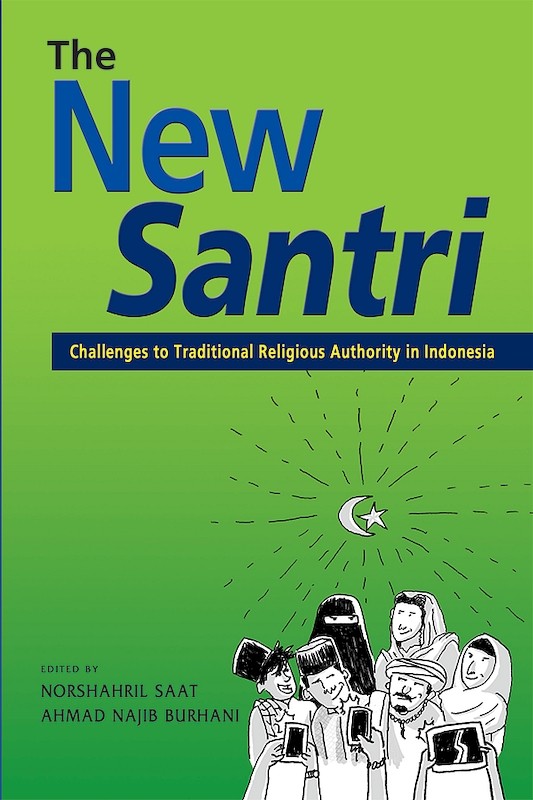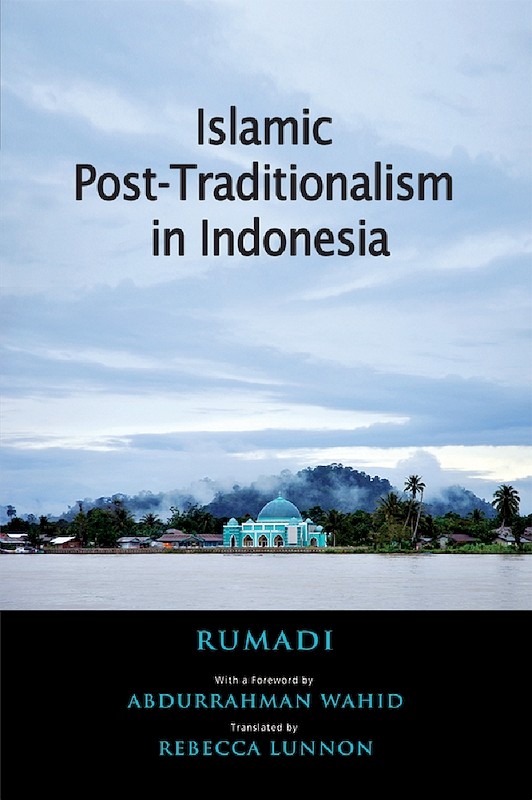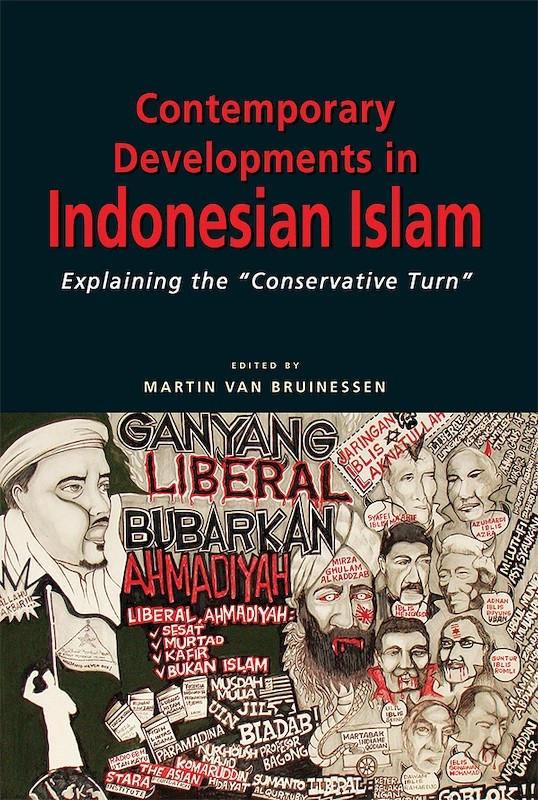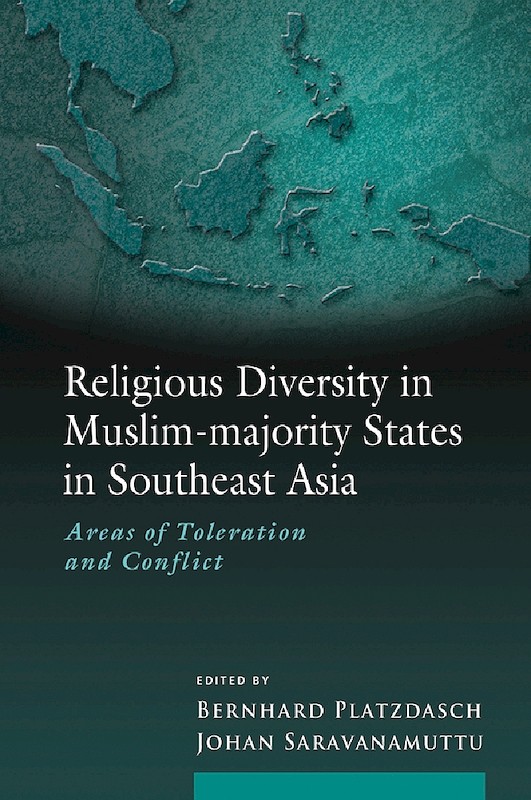Alternative Voices in Muslim Southeast Asia: Discourses and Struggles
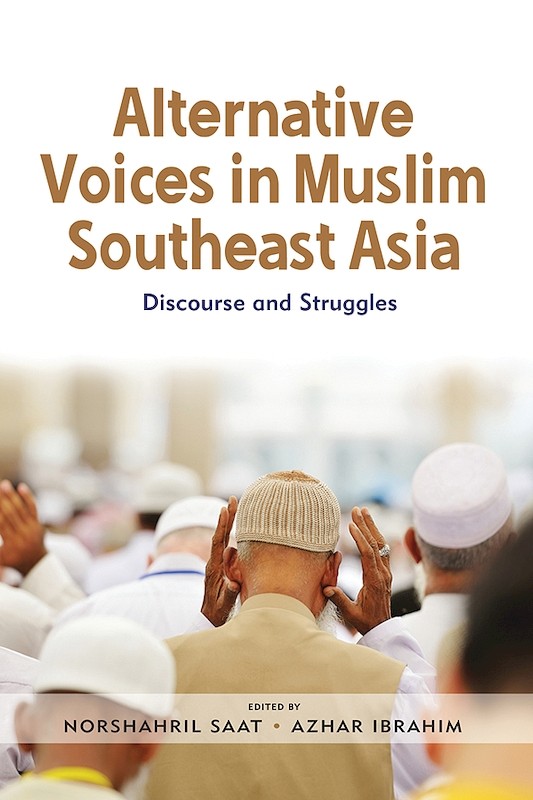
Reviews
Mohamed Salihin Subhan, Pacific Affairs, 2021.
"Whether real or perceived, the beliefs of conservative Islam are a key concern for political scientists when evaluating the effect of Islam on democracy and political stability. Alternative Voices in Muslim Southeast Asia joins a growing series of volumes which flip the script. Instead of focusing only on the expanding influence of conservative Islamists, this book highlights the progressive, liberal, and non-mainstream side of Muslim communities. .... Alternative Voices in Muslim Southeast Asia is a timely addition to the literature on Islamic discourse in plural societies, aiding researchers by shining the spotlight on the role played by alternative Islamic voices in Muslim communities in Malaysia, Indonesia, and Singapore.
Overall, the focus on the structural and rational choice arguments makes this edited volume a useful complement to the gamut of studies on Islam in politics and society which emphasize cultural interpretivist arguments. Such arguments not only avoid treading the well-worn path of cultural relativism, but also aid in generalizing the contributions in this edited volume to a wider audience. The influence of religion on government, regime type, and society is an enduring question given the current zeitgeist, and the lessons learnt from Muslim Southeast Asia will be a welcome contribution to the wider world."
Nur Hikmah, The Karyawan, April 2020.
Alternative Voices challenges many writings and observations that record Muslim life in Southeast Asia as one that adopts a relatively "moderate Islam" or a religious orientation that is accomodating to the socio-cultural life of the people in Southeast Asia. The book presents a dynamic contestation of religious orientations in the public sphere that can coexist or be in conflict with one another, and explore its ramifications on the social, political, and economic lives and lived realities of Muslims in this part of the world. More importantly, the book offers nuances and ideas that are critical of the status quo and religious establishments by asking an oft-forgotten yet pertinent question of who and what are absent from our discourse and conversations of the religious life of Muslims in Southeast Asia.
Any reader of this book would learn not to underestimate the impact of these dominant religious orientations. More importantly, it tells the narratives of voices that are marginalised or unnoticed, which makes it a must-read for anyone who intends to understand the diversity and lived religious realities of Muslims in Southeast Asia.
About the publication
Contents
-
Alternative Voices in Muslim Southeast Asia: Discourses and Struggles
[Whole Publication, ISBN: 9789814843812], by Norshahril Saat, Azhar Ibrahim, editors -
Preliminary pages
- OVERVIEW-OPINION PIECES
-
1. The Politics of Islamic Discourse in Malaysia, by Norshahril Saat, author
-
2. Civil Society–State Engagements on Religion in Malaysia, by Dina Zaman, author
-
3. Religious Orientations in Contemporary Indonesia, by Pradana Boy Zulian, author
-
4. Inhibited Reformist Voices: The Challenge of Developing Critical Islamic Discourse in Singapore, by Azhar Ibrahim, author
- PROGRESSIVE ISLAM AS ALTERNATIVE VOICES
-
5. Religious Resurgence amongst the Malays and Its Impact: The Case of Singapore, by Noor Aisha Abdul Rahman, author
-
6. The Trials of the Progressive: Malay Literary and Cultural Expressions in Singapore, by Azhar Ibrahim, author
-
7. The Meaning and Objectives of Progressive Islam, by Syed Farid Alatas, author
-
8. Mainstreaming Alternative Islamic Voices in Malaysia, by Norshahril Saat, author
- CHALLENGES FACING ALTERNATIVE VOICES
-
9. Democracy and the “Conservative Turn” in Indonesia, by Zainal Abidin Bagir, Azis Anwar Fachrudin, authors
-
10. Sunni-Shia Reconciliation in Malaysia, by Mohd Faizal Musa, author
-
11. Contemporary Human Rights Issues in Indonesia, by Ahmad Suaedy, author
-
12. Ahmadiyah and Islamic Revivalism in Twentieth-Century Java, Indonesia: A Neglected Contribution, by Ahmad Najib Burhani, author
-
Index

